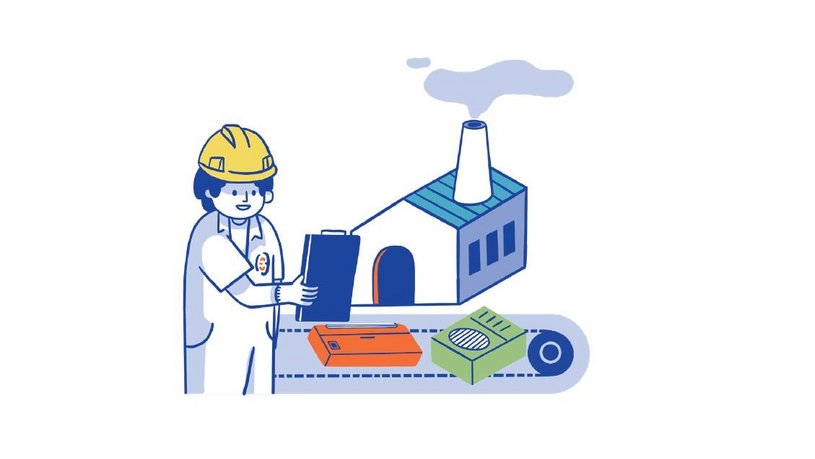This report compiles the experiences of the first movers in the Thai RAC industry in switching to cleaner cooling: the barriers faced, the strategies developed, and the procedures that followed.
Thailand is an important manufacturing and export hub of refrigeration and air conditioning (RAC) equipment. It is therefore important that Thai producers keep up with global trends and regulations for environmentally friendly refrigerants to remain competitive. This report summarizes the knowledge and experiences of production-line conversion to natural refrigerants, especially R290 and R600a, from the RAC producers participating in the RAC NAMA project. Future producers aiming to convert their RAC production lines from the conventional refrigerant to climate-friendly refrigerants should benefit from this guideline, which will be disseminated to the rest of the industry.


